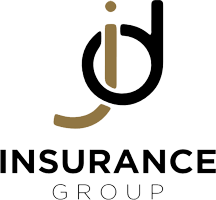Finding the right RV coverage option can be challenging. That’s why JD Insurance Group is here to help Beaumont, TX residents. There are a wide range of common pitfalls that arise when making a decision, and this guide is here to help. To learn more about the errors that typically occur and how to avoid them, please be sure to read on.
Failure To Consider Activities
While it is great to consult with friends and loved ones about the policies they have obtained, it is possible that all parties involved will be utilizing their RVs with different activities in mind. When you are meeting with potential brokers, it is important to consider the specific activities that will be taking place. This plays a vital role in the policy you decide upon.
Lack of Proper Storage
Many RV owners only consider the issues that may take place while the RV is in motion. However, those who fail to consider the benefits of proper storage and how this will affect their chosen insurance policy are setting themselves up for long-term difficulties. The storage location you decide upon should be convenient and safe, as many policies will not offer coverage for self-inflicted issues.
No Coverage For Contents of RV
Don’t make the mistake of assuming that RV coverage will cover the vehicle’s contents. The policy will need to encompass the RV itself and the contents within if this is your chosen objective. Assuming that coverage is all-encompassing is an all too common error.
Beaumont, TX residents who have further questions about their potential RV coverage options are urged to contact the good folks at JD Insurance Group. Our team of experts is on hand to answer any questions you may have. Let us point you in the right direction as soon as possible!

